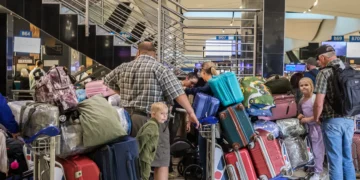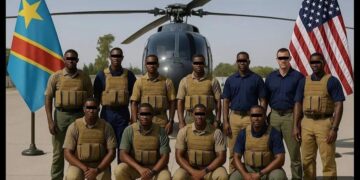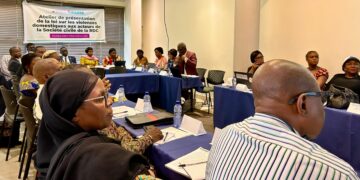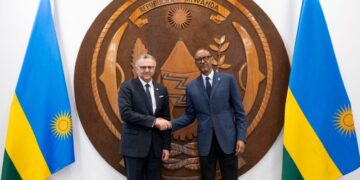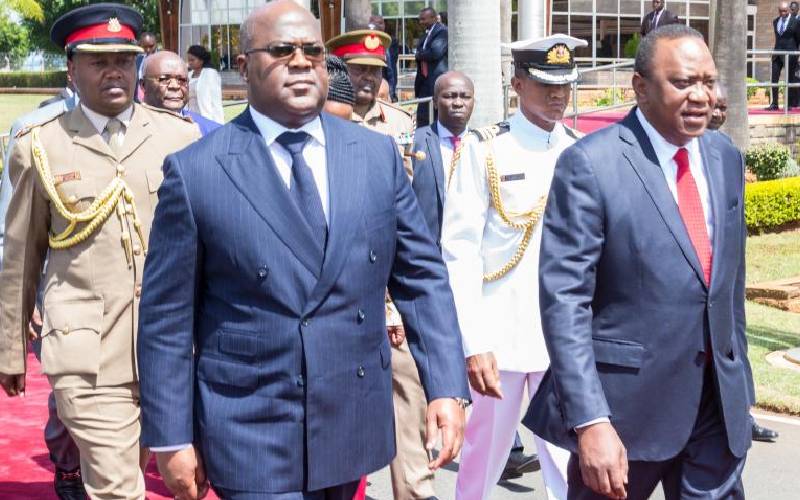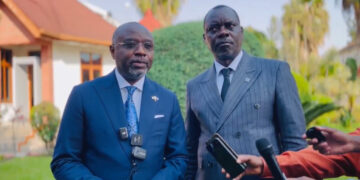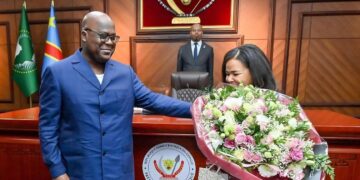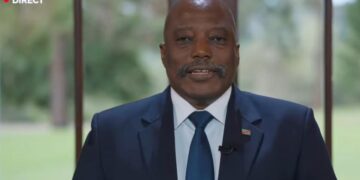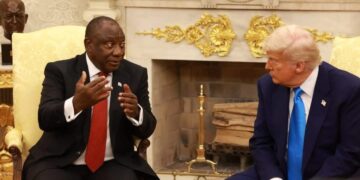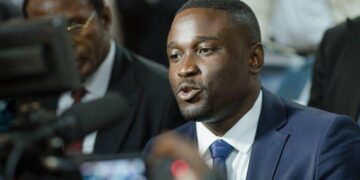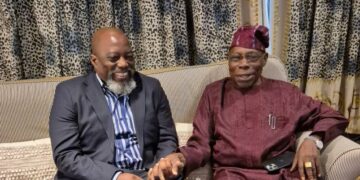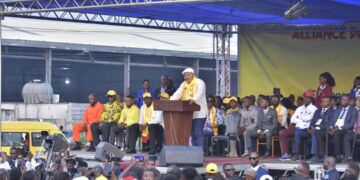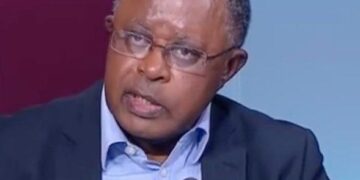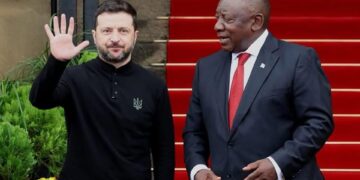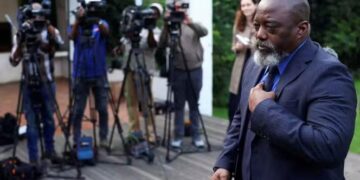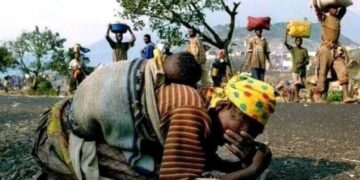The M23 rebel group, active in the North Kivu region, launched an attack that led to the fall of Goma in January 2025, throwing the strategic city and its surroundings into chaos. Faced with the rapid advance of the insurgents and the inability to maintain a solid defense in the capital of North Kivu, many FARDC soldiers were forced to retreat to protect their lives and avoid a massacre. This situation led a large number of soldiers to seek refuge in MONUSCO’s facilities, the UN peacekeeping mission present in the DRC. The crisis highlighted the vulnerability of the Congolese government in the face of the insurgency and the challenges of managing such a security crisis in the country’s eastern regions, which have long been plagued by armed group violence.
The return of the first group of FARDC soldiers to Kinshasa marks a significant turning point in the Congolese government’s efforts to stabilize the country and restore order in the eastern territories, which have long suffered from repeated violence. Prime Minister Judith Suminwa Tuluka expressed her deep solidarity and gratitude towards these soldiers, who, despite the challenges of the past few months, have managed to return home and are ready to resume their duties.
The group welcomed at Ndjili Airport is part of the first batch of troops to gradually return to their bases after being placed in retreat and under protection following the dramatic events of January. The process of reintegrating FARDC soldiers in the North Kivu region will occur in phases, with enhanced security measures and strategic adjustments to counter the potential threat of the M23 and other armed groups operating in the area.
The Prime Minister also praised the crucial role played by MONUSCO in hosting and protecting the FARDC soldiers. The support provided by the UN mission was pivotal in ensuring the safety of these soldiers during the period when Goma was under rebel control. Judith Suminwa Tuluka reiterated the Congolese government’s commitment to working with the international community to restore peace and stability in the eastern part of the country, emphasizing the importance of cooperation with MONUSCO and other international partners.
The return of these soldiers is just the first step toward reclaiming territories occupied by armed groups, but the road ahead remains challenging. While the M23 has been weakened by some military offensives, it continues to pose a significant threat in the region. Stabilizing the area will require not only strengthening military capacity but also considerable humanitarian efforts to assist displaced populations and restore state authority.
The Prime Minister mentioned the need for a multi-dimensional strategy to ensure a permanent return to peace, including addressing impunity, integrating armed groups, and fostering national reconciliation. Furthermore, particular attention will be paid to rebuilding critical infrastructure, ensuring food security, and supporting local communities who have been heavily impacted by the conflict.
The return of the FARDC symbolizes not only the resilience of the armed forces but also the Congolese government’s determination to continue fighting for sovereignty and peace. The government of the DRC recognizes that the road to stabilization will be long and complex, but the Prime Minister reaffirmed the government’s commitment to completing this mission by implementing stronger security policies and working towards building a lasting peace for future generations.
The gradual return of troops to Goma and the rest of North Kivu will be a crucial test of the DRC’s ability to fully reclaim its territories and offer its citizens a more secure and prosperous life.


